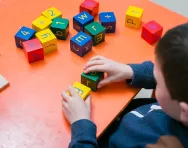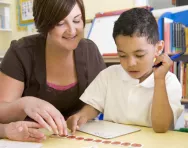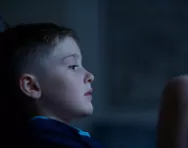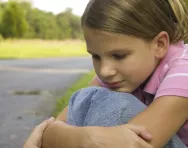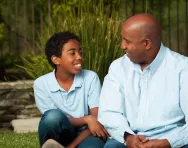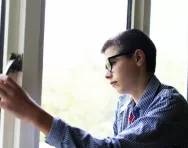Important update from TheSchoolRun
For the past 13 years, TheSchoolRun has been run by a small team of mums working from home, dedicated to providing quality educational resources to primary school parents. Unfortunately, rising supplier costs and falling revenue have made it impossible for us to continue operating, and we’ve had to make the difficult decision to close. The good news: We’ve arranged for another educational provider to take over many of our resources. These will be hosted on a new portal, where the content will be updated and expanded to support your child’s learning.
What this means for subscribers:
- Your subscription is still active, and for now, you can keep using the website as normal — just log in with your usual details to access all our articles and resources*.
- In a few months, all resources will move to the new portal. You’ll continue to have access there until your subscription ends. We’ll send you full details nearer the time.
- As a thank you for your support, we’ll also be sending you 16 primary school eBooks (worth £108.84) to download and keep.
A few changes to be aware of:
- The Learning Journey weekly email has ended, but your child’s plan will still be updated on your dashboard each Monday. Just log in to see the recommended worksheets.
- The 11+ weekly emails have now ended. We sent you all the remaining emails in the series at the end of March — please check your inbox (and spam folder) if you haven’t seen them. You can also follow the full programme here: 11+ Learning Journey.
If you have any questions, please contact us at [email protected]. Thank you for being part of our journey it’s been a privilege to support your family’s learning.
*If you need to reset your password, it will still work as usual. Please check your spam folder if the reset email doesn’t appear in your inbox.
How can a clinical psychologist help your child with SEN?

What is the difference between educational and clinical psychologists?
One of the differences is the settings we work in. Educational psychologists are based within the educational system and work in schools. So where a child is presenting an emotional or behavioural difficulty within a school setting, the school will consult with their educational psychologist about what might be happening. Clinical psychologists are based within the NHS. We work in clinics, similar to where GPs work.
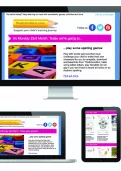
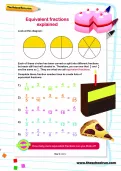
Start a unique learning programme!
- Weekly programme for each school year
- Worksheets sent direct to your inbox
- Keeps your child's learning on track
Clinical psychologists are interested in difficulties that children present that appear to be related to their life in general rather than specifically at school. So if a problem existed outside of school, or there was a strong feeling that the difficulties they were having were related to more global issues, then that would be where a clinical psychologist could help.
What can a clinical psychologist do to help a child?
The starting point would always be a thorough assessment, which would include meeting the child and talking with them, depending on how old they are or where their verbal skills are at.
We would also want to talk to the people around the child who know them well - usually parents or carers - and we would contact schools to hear about how the child is doing there. It's all about helping us build up a picture of that child, what the difficulties are and where and how they present themselves.
Once we have a good understanding of what we think is going on, we can begin to think about the kind of treatment that needs to happen. This could be either:
- Individually with the child – the clinical psychologist meeting on a one-to-one basis with the child, doing some therapy with drawing, playing or talking.
- Involving other people – maybe sessions with families together or involving other people as well in doing what we call systemic (group) sessions looking at the whole system.
Based on what the assessment tells us we think about what interventions we might offer.

